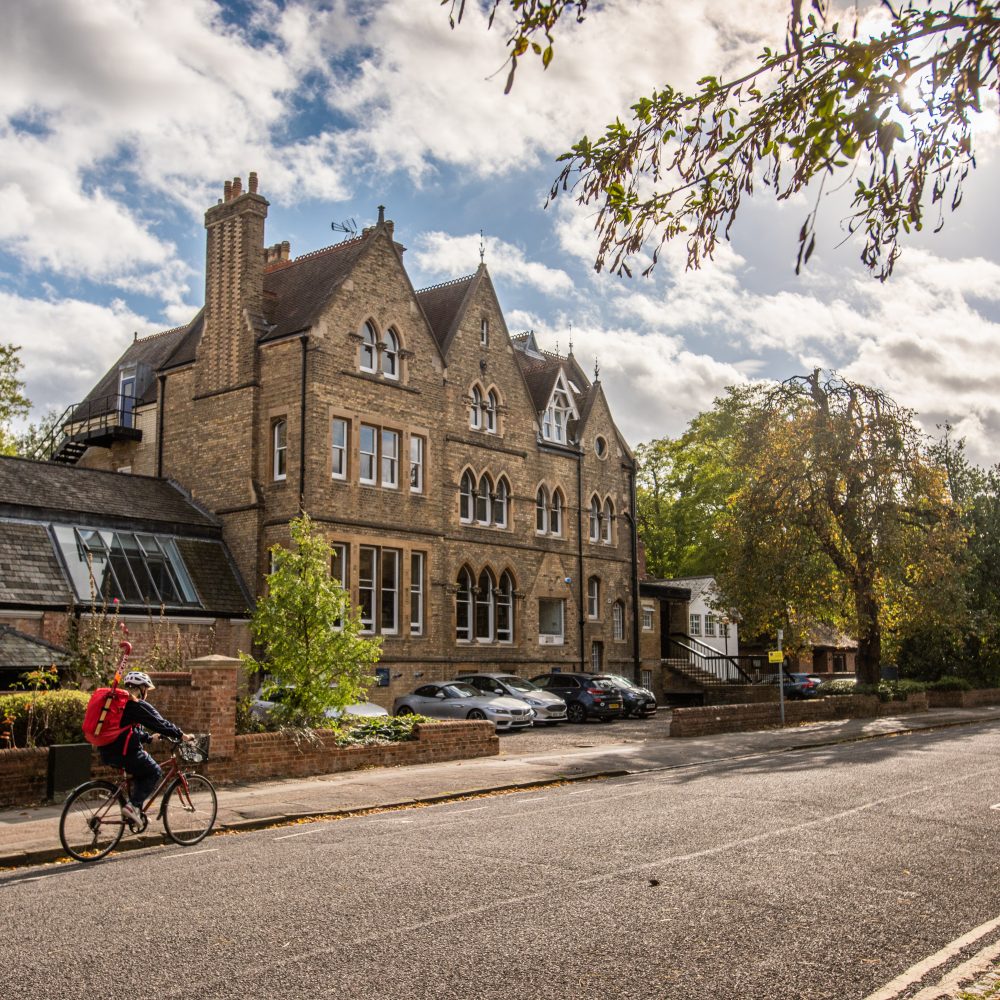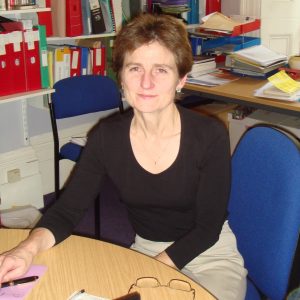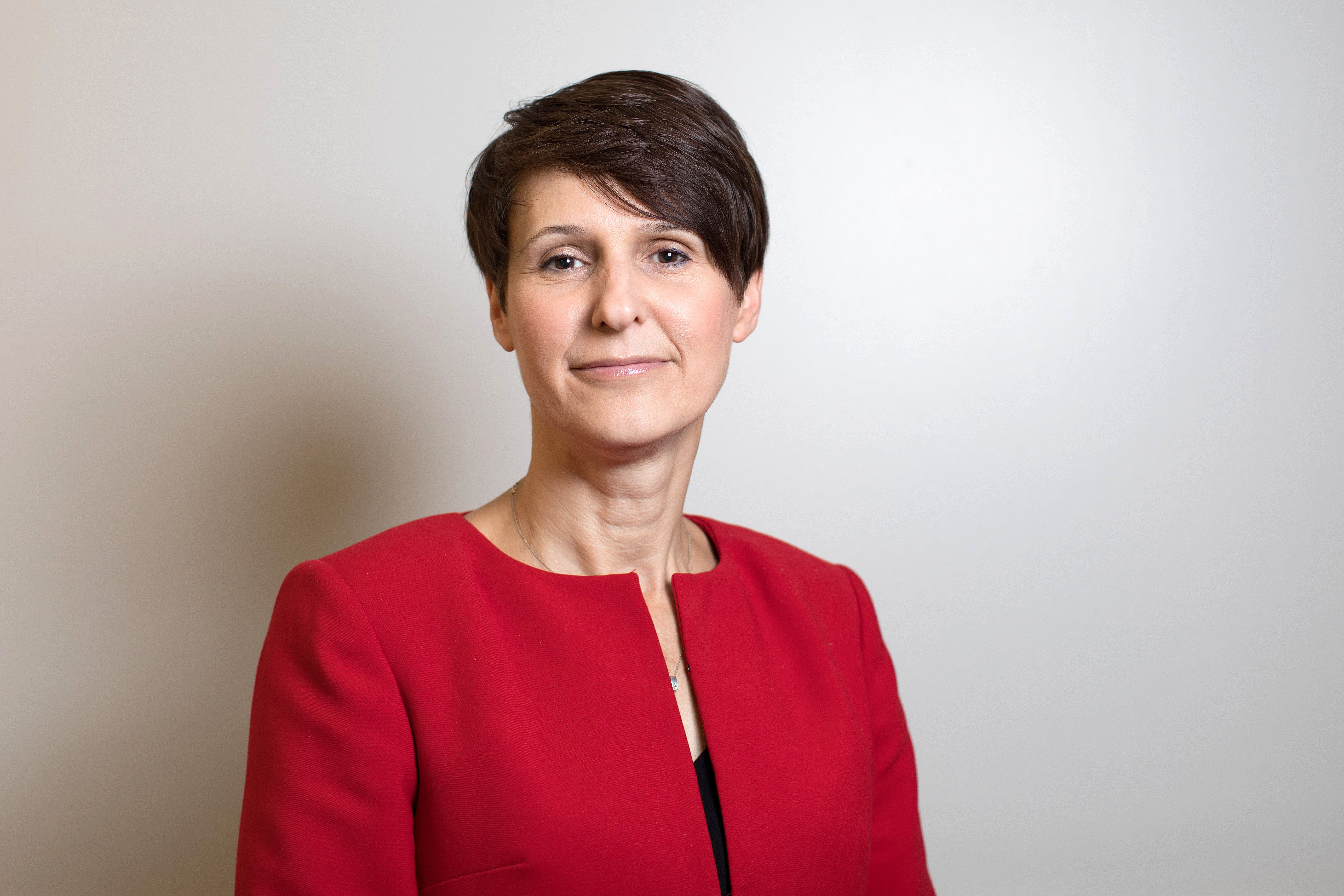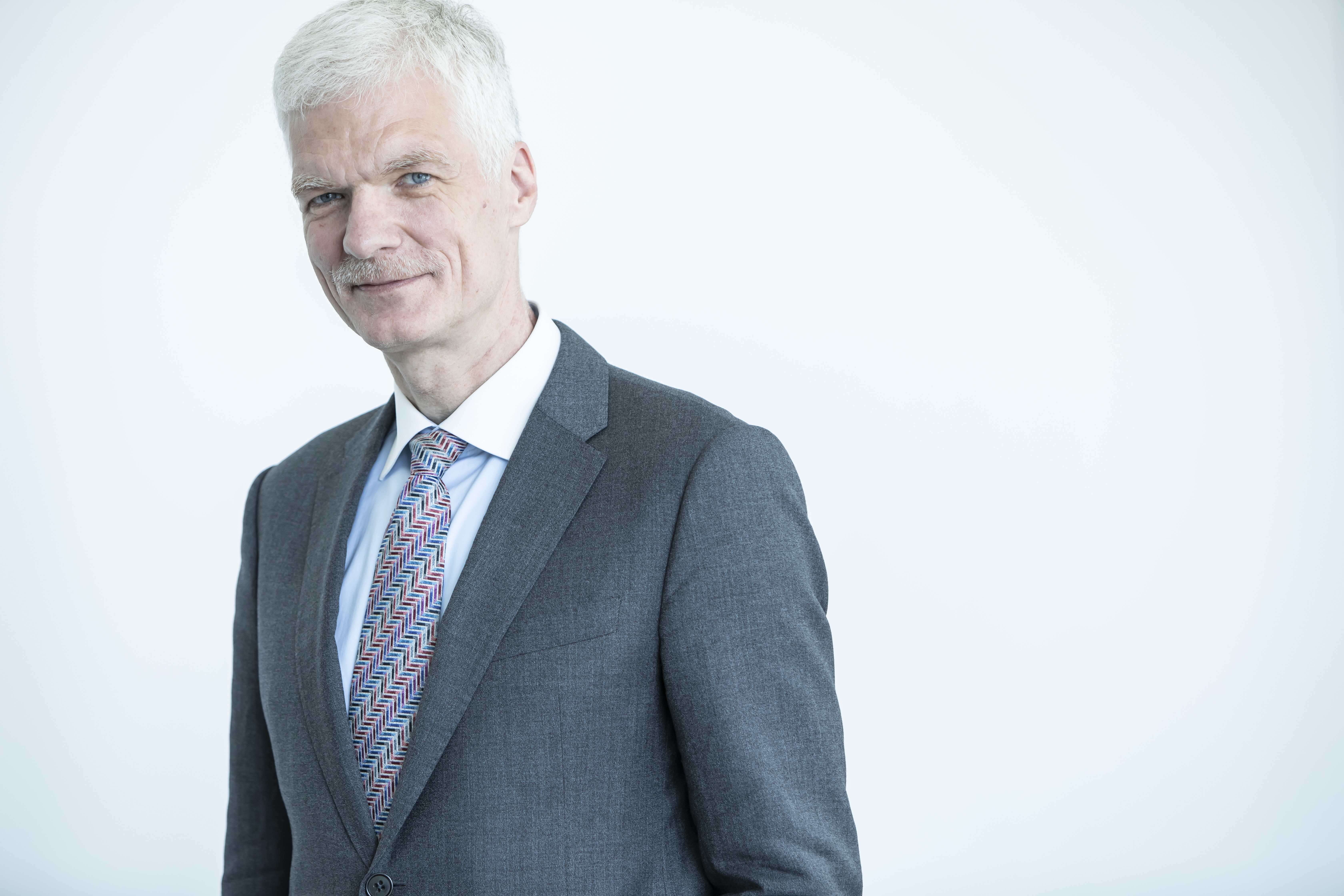Generative AI and Education: Challenges and Opportunities
13 May, 5pm-6.30pm
Speaker: Professor Mike Sharples, Emeritus Professor of Educational Technology, Open University
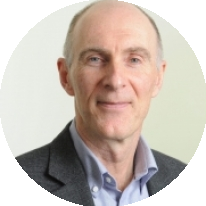
Abstract
Generative AI systems such as ChatGPT are disrupting education. They can write essays, summarise scientific texts, produce lesson plans, and tutor students. In this seminar I will discuss challenges that generative AI can pose for higher education. These include detecting student assignments that have been generated by AI; developing policy decisions and guidelines on appropriate use of AI for teaching and assessment; and establishing a program of AI literacy for staff and students. I will also explore opportunities for the use of AI in education, including roles for AI in teaching, learning and assessment such as Possibility Engine, Socratic Opponent, Co-Designer and Dynamic Assessor. Future developments in social generative AI could support team learning and communities of practice. Rather than seeing AI solely as a challenge to traditional education, we should prepare students for a future where AI is an integral tool for analysis, design and creativity, to be operated with great care and awareness of its limitations.
Rethinking scientific literacy in an era of pandemics, conspiracies and climate emergencies
3 June, 5pm-6.30pm
Speaker: Professor Justin Dillon, Professor of Science and Environmental Education, UCL Institute of Education
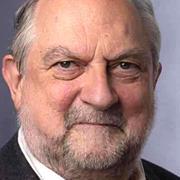
Abstract
Recent events have called into question the adequacy of the science education offered in schools in the UK and elsewhere. The evidence suggests that, despite studying science at primary and secondary school, significant numbers of the public seem unfamiliar with some basic but important facts. A related issue is that trust in science and scientists is not as strong as might be expected in a developed country. Rather than carry on as though there is not really a problem, Justin Dillon will argue that we need to rethink what and how we teach science in schools. We also need to value what museums, science centres, botanic gardens, etc., can do to help. Finally, we need to examine what science and environmental education offer in terms of addressing the wicked problems facing society.
An international survey study exploring teachers’ perceptions on using mathematical storytelling: The case of England
27 June, 3pm
Speaker: Dr Natthapoj Vincent Trakulphadetkrai-Techavijit, University of Reading, UK
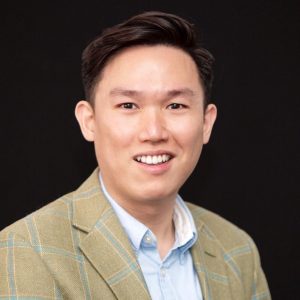
Abstract
This international qualitative survey study sets out to investigate in-service and pre-service primary school teachers’ perceived barriers to and enablers for the integration of storytelling in mathematics teaching and learning across five different countries (England, Ireland, Malta, Australia and Taiwan). While research over the past three decades have documented pedagogical benefits of teaching mathematics using children’s literature, research into teachers’ perceptions regarding the use of such resources is virtually non-existent. The study thus filled this research gap by drawing responses from open-ended survey questions of 1,000+ in-service and pre-service teachers across these aforementioned five countries. (In the context of this presentation, the focus will be on presenting data relating to England with some broad comparisons made with the other countries’ datasets.) A thematic analysis revealed a set of perceived barriers classified under themes, such as Lack of Pedagogical Knowledge and Confidence, and Time Constraint. Moreover, the study also identified a set of perceived enablers classified under themes, such as Pedagogical Benefits and Social Norms. Findings also showed that most of the teachers in the study have never used or infrequently used storytelling as part of their mathematics teaching. The study highlights the role of professional learning and teacher training in ensuring that both in- and pre-service teachers have the necessary pedagogical knowledge, experience and confidence in using children’s literature to enrich their mathematics teaching. The presentation will then conclude with a summary of the speaker’s research impact-generating activities based on the findings so far.






